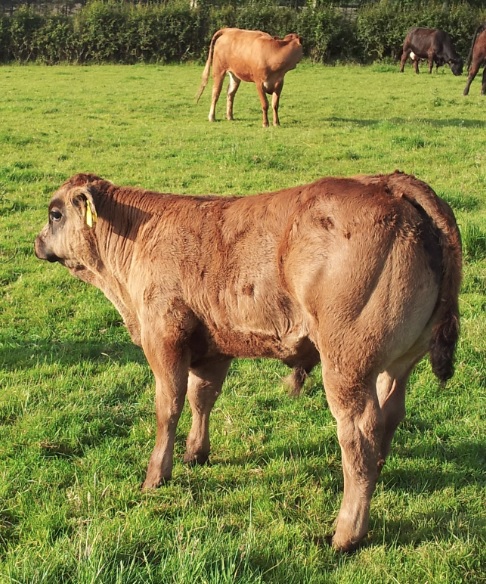A re-focusing of the support arrangements provided by DAFM for farmers faced with the removal of persistently infected calves born from their herds in 2014 under the compulsory phase of the Bovine Viral diarrhoea (BVD) Eradication Programme has been announced by Minister for Agriculture, Food and the Marine Simon Coveney.
Minister Coveney said that excellent progress is being made under the BVD Eradication Programme thanks to efforts of the BVD Implementation Group, ably chaired and facilitated by Animal Health Ireland and by farmers generally through their participation and compliance with the programme. However, there is a problem with the number of Persistently Infected (PI) animals being retained on a relatively small number of farms.
The Minister added that, having discussed the matter with the BVD Implementation Group, he was glad to be in a position to refocus and better target the support provided by DAFM in 2014, having taken into account the experience of 2013. The refocused and improved support of €120 will target the first and subsequent PI calves born in beef herds in 2014, provided disposal of the PI calves take place in a timely fashion. There would also be support of €75 towards the second and subsequent PI female calves born in dairy herds in 2014, again provided that they are disposed of in a timely manner. These supports will apply for one year only.
Reacting to the announcement by Minister Coveney, Animal Health Ireland Chairman Mike Magan said: “The BVD eradication programme has made great strides since its inception as a voluntary programme in 2012. The prevalence of PI animals in 2014 has reduced by more than one-third and the proportion of herds affected by almost a half, compared to 2013, the first year of the compulsory phase of the programme.” He went on to say that “the revised financial supports announced by the Minister represent a welcome boost to efforts to tackle one issue which has the potential to slow progress – the retention of PI animals by a relatively small number of farmers.”
He concluded by saying that all stakeholders must now work together, through the BVD Implementation Group, to encourage the rapid removal of PI animals, the retention of which poses a serious threat to the herds in which they are identified, to neighbouring herds and to the national programme as a whole. He expressed his hope that the revised financial support scheme would make it easier for farmers, faced with a difficult decision when a PI has been identified, to remove the affected animal as rapidly as possible.
